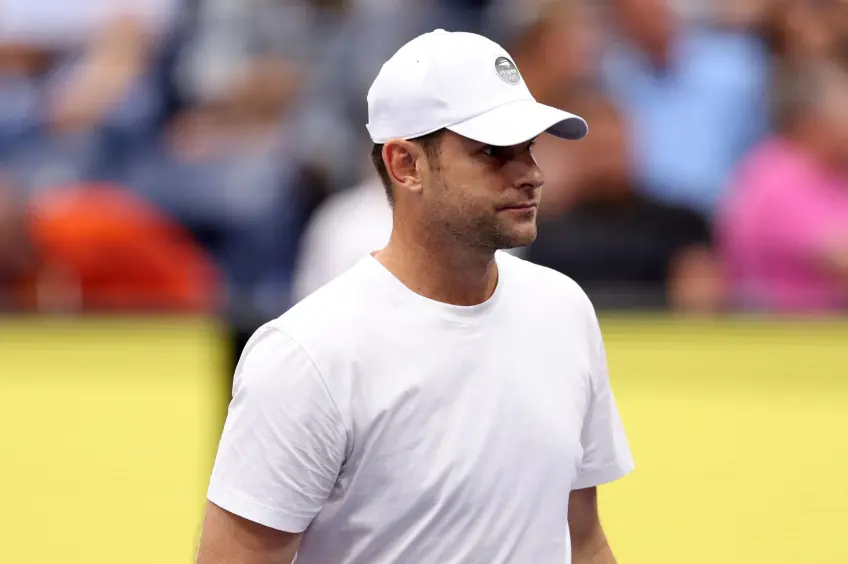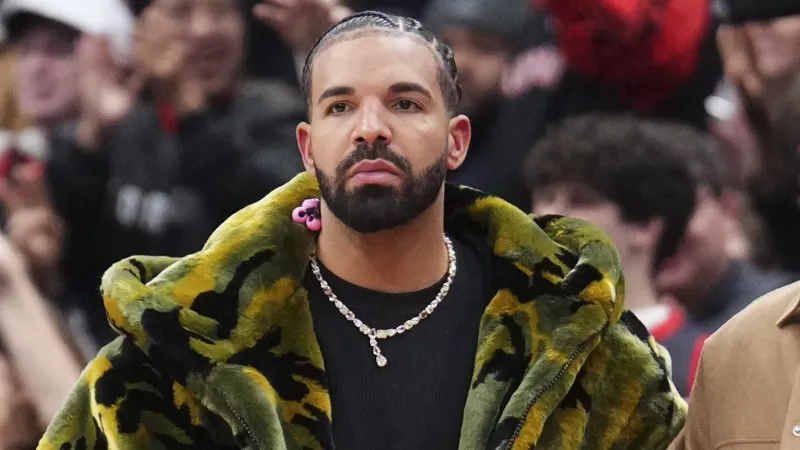You can’t really miss them, can you? You turn on the TV when there’s a big game on, and there he is. That footballer you used to watch, now in a sharp suit, telling you about a weekend acca. It’s become such a normal part of the background that most of us barely register it. But it’s not just wallpaper. There’s a very deliberate game plan behind putting a famous face to a betting brand, and it’s all about standing out in a market that’s packed to the rafters.
It’s All About Trust, Isn’t It?
When you strip it all back, the main reason for using a celebrity is to build a bit of trust. Think about it. You’re faced with dozens of sites, all looking pretty similar. How do you pick one? Well, if you see a face that you know and have respected for years, it just feels a bit more legit. It’s a shortcut for our brains. The brand stops being a faceless company and starts to feel like it has a personality.
This is a massive help for any brand trying to look reliable. As one example, former pro goalie Shay Given acts as an ambassador for CopyBet. For football fans, Shay Given’s name means something. He was a dependable pair of hands for years. So, when he puts his name to something, it gives it a bit of weight. It’s a simple but powerful way to make you feel like your money is in a safer place.
More Than Just a Famous Face

The cleverer brands have realised that just having a celebrity smile in an advert isn’t enough anymore. They need to offer something more to keep you interested. This has led to a shift where the celebrity isn’t just an endorser; they’re part of the content. They offer genuine insight that you might actually want to hear.
Look at what Betway does with tennis legend Andy Roddick. He doesn’t just pop up in an ad; he writes exclusive columns for their blog. All of a sudden, you’re not just being sold to. You’re getting analysis on the latest tournament from someone who has been there and done it. This turns the betting site into a sort of fan hub, a place you might visit even if you’re not putting a bet on. It’s a much smarter way to build a loyal following.
Not Just Any Old Celebrity
This isn’t a random process, either. A lot of thought goes into who gets picked. The celebrity has to match the audience. You get a racing pundit for a horse racing offer, or a darts player for a darts tournament. It’s all about relevance.
You see this tactic used all the time by new online bookmakers who are trying to get a foothold in the market. They need to make a splash, and fast. The site PricedUp, for example, has linked up with ‘The Racing Blogger’, Stephen Power, a personality with a big following on social media. This is a targeted move. They’re not trying to reach everyone; they’re going straight to a dedicated community of racing fans who already follow and trust what this person has to say. It makes sense, doesn’t it?
Playing by the Book

It’s also worth remembering that this all happens in a very strict environment. The UK’s Gambling Commission has firm rules, especially about not making gambling ads that appeal to anyone under 18.
This is exactly why you see so many retired legends and older pundits in these roles, rather than the latest 21-year-old superstar. The appeal of an older, established figure is almost entirely to an adult audience, which keeps the brands on the right side of the law. It’s a constant balancing act between using fame to get noticed and doing it responsibly.
So, next time you see one of those ads, you’ll know it’s not just a random famous face. It’s a carefully chosen piece of a much bigger puzzle. This strategic use of familiar faces is a key reason why the industry remains so competitive and visible in modern sports culture. As consumer awareness grows and regulations continue to evolve, it will be interesting to see how these celebrity partnerships adapt in the years to come.





















